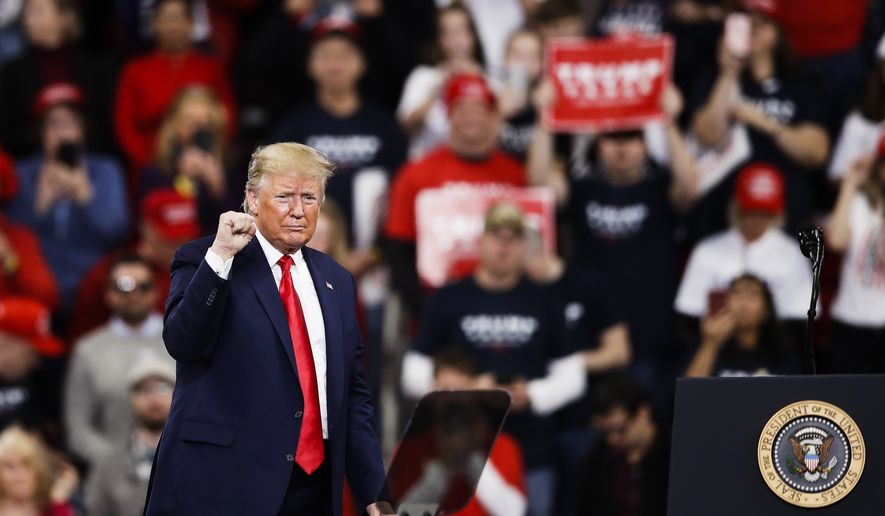
1. The truth is out here. The classified “Afghanistan Papers” – part of a “Lessons Learned” project headed by the Office of the Special Inspector General for Afghanistan Reconstruction (SIGAR) – reveal the extent of failures in Afghanistan. Utilising the Freedom of Information Act (FOIA), and after years of lawsuits, the Washington Post obtained the documents and exposed grim internal analyses of the 18-year war in Afghanistan. Detailed interviews with over 400 Afghan and American sources reveal the real costs of the war and how the American public had been misled about these costs since its beginning, spanning several administrations. Data has long been manipulated to depict a better – and false – picture of the war.
- Does our classification system keep us from holding our government accountable?The government is required to keep certain documents classified in order to protect individuals involved in covert work and guard sensitive relations with other nations. However, the common assumption is that, using that protective blanket of secrecy, officials will work in the best interest of the American people, especially when the lives of Americans are at stake. Therefore, while classifying information certainly plays a role in making it harder to hold government accountable, true accountability is rooted in the integrity of government officials – who should be holding each other responsible.

2. For several years, the U.S. has blocked judicial appointments to the World Trade Organization’s (WTO) Appellate Body. The Appellate Body needs at least three of its possible seven judges to continue to hold office, in order to continue making binding determinations on trade disputes. On Tuesday, two of the three remaining judges had their terms of office expire, leaving the body powerless. The Trump administration claims that the court had “overreached” and ignored WTO rules, pointing to the alleged failure of the WTO to deal with China’s unfair trading practices.
- What’s at stake? Without enough appointees in the Appellate Body, the organization cannot settle trade disputes, which is one of the primary benefits enjoyed by the WTO’s member states. The EU and some other member states have already expressed deep concern and developed strategies to circumvent the issue, such as sending appeals to former Appellate Body members. If there is a push for WTO reforms, some smaller nations are afraid that larger nations, like the U.S., will use this opportunity to further their own interests, unconstrained by judicial decisions.

3. On Monday, the House Judiciary Committee heard from Democratic and Republican lawyers about the House Intelligence Committee’s impeachment inquiry. Democratic lawyers emphasized the “clear and present danger to our free and fair elections and to our national security.” Republican lawyers argued that the impeachment process has been an unfair and personal attack on the President. Then, on Tuesday, Judiciary Committee Chairman Jerry Nadler announced two articles of impeachment against President Trump: abuse of power and obstruction of Congress. It is expected that the Judiciary Committee will vote on these articles at the end of this week, and that the House will hold a vote before the end of the month.
___
Democracy At Work

1. The U.S. House of Representatives has reached a deal on, and is expected to pass, the National Defense Authorization Act (NDAA) later this week. For several months, there had been some fear that a deal for this defense bill would not be reached because of disagreement surrounding the transfer of funds to other projects, such as a wall on the Mexican border. The current agreement grants 12 weeks of paid parental leave to federal employees in exchange for the creation of the Space Force, a new branch of the military intended to conduct space-based operations. This will be the 59th consecutive year that the NDAA will pass.

2. Democrats in Congress have reached an agreement with the White House on the United States-Mexico-Canada (USMCA) Trade Agreement, a new version of the North American Free Trade Agreement (NAFTA). USMCA is intended to create fairer trade practices and to improve conditions for organized labor, and has gained support from the AFL-CIO. On December 19, the House is expected to vote on USMCA.
- Who benefits from USMCA? The new trade deal is being hailed by both parties as a major bipartisan success. In his 2016 campaign, President Trump vowed to replace NAFTA, and, therefore, this can be viewed as a significant legislative success for him. On the other hand, Democrats won ground on certain pharmaceutical and environmental regulations and claim the deal is far better than President Trump’s proposal during his campaign, and so are also labeling it as a success for their party.





